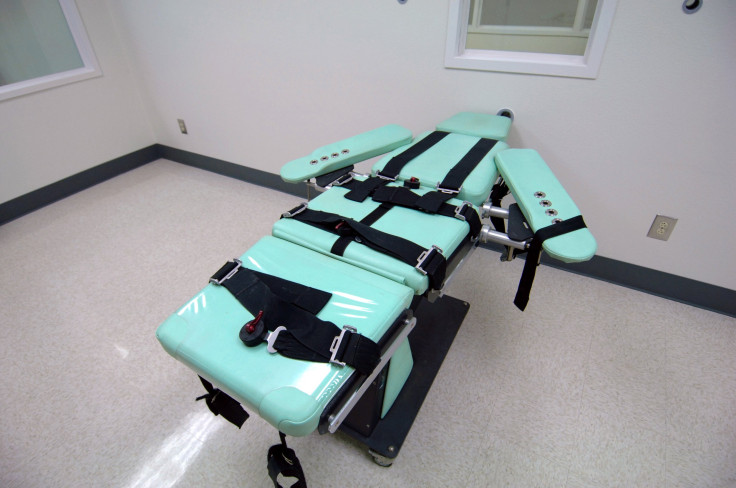No More Execution Drugs: Pfizer Cuts Off Last US Market Source Of Drugs To Kill Convicts

Pharmaceutical giant Pfizer has become the lastest drugmaker to implement measures to prevent the U.S. from using its barbiturates, sedatives and other heart-stopping drugs to kill death-row inmates, cutting off the last market source for the 31 death-penalty states.
“Pfizer makes its products to enhance and save the lives of the patients we serve,” the company said Friday, adding it “strongly objects to the use of its products as lethal injections for capital punishment.”
Pfizer, which had already said it opposed the use of its products in executions announced strict controls on the distribution of the drugs that can be used in executions. This means states will have to try to sneak these drugs into their correctional facilities, or switch to electric chairs, gas chambers, firing squads and hangings.
The New York-based maker of Lipitor and Viagra has opposed the use of its drugs following last year’s acquisition of Illinois-based injectable-drug maker Hospira in a $17 billion deal. Hospira makes seven drugs that have been used in state executions, including the “failed, agonizing” killing of convicted murderer Dennis McGuire in Ohio, which lasted 25 minutes.
Despite opposition from Hospira and nearly two dozen other American and European drug companies over the years, states have been able to acquire these drugs because they’re used for normal medical procedures.
Anti-death penalty advocates are currently fighting efforts in some states to hide the sources of their drugs, which could allow them to defy drug companies’ product rules by simply not saying where they acquire them. The federal government bans the use of these drugs from foreign sources.
“States are shrouding in secrecy aspects of what should be the most transparent government activity,” Ty Alper, associate director of the death penalty clinic at the University of California, Berkeley, School of Law, told the New York Times.
The move isn’t likely to hamper the death penalty.
Delaware, New Hampshire and Washington state have laws allowing hangings if lethal injection isn’t available, according to the Death Penalty Information Center. Five states can switch to death by nitrogen gas. Two states, Oklahoma and Utah, can kill convicts by firing squad if other methods aren’t available.
© Copyright IBTimes 2025. All rights reserved.






















